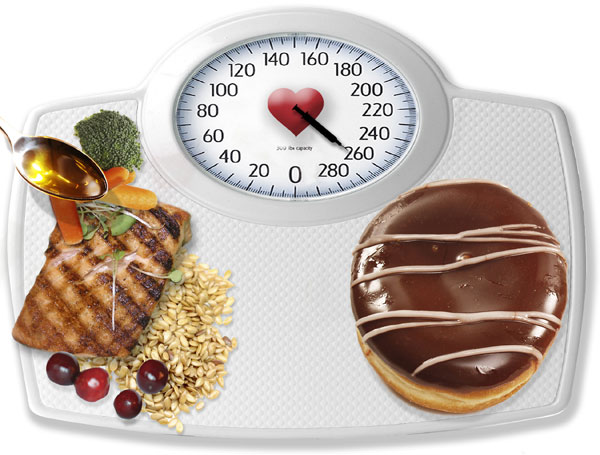
Pre-diabetes is a condition that ultimately leads to full blown diabetes if proper measures are not taken to control high blood sugar levels. Pre-diabetes is a condition in which the blood glucose levels are higher than normal, but they are not very high as seen in case of people with full-blown diabetes. A person is said to be pre-diabetic, if the fasting blood glucose levels range between 100- 125 mg/dl. To determine the fasting blood glucose levels, the patient must not eat anything for eight to ten hours. Then, blood glucose levels are determined through the blood tests. Another test that is used to confirm pre-diabetes is the oral glucose challenge test. In this case, the fasting blood glucose levels are taken for reference. Then, the patient is asked to drink a sugar solution containing 75 grams of sugar. The blood sample is collected after two hours to determine the blood glucose levels. If your blood glucose level is between 140 to 200 mg/dl, then you are diagnosed with pre-diabetes. But, the doctor will ask you to do this test at different days to confirm the diagnosis of pre-diabetes.
Pre-diabetes is a precursor to developing type 2 diabetes. But, the only silver lining on the dark cloud is the fact that one can completely reverse pre-diabetes through major changes in lifestyle and diet. In this article, we discuss some important steps in preventing diabetes when you are diagnosed as pre-diabetic
1. Physical activity
Diabetes and pre-diabetes is more common among urban people living a sedentary lifestyle with minimum physical activity. So, when you are diagnosed with pre-diabetes, the best way to lower your higher blood glucose levels is by including a regular fitness regime of exercise. Such people need to exercise every day for at least 30 minutes. The physical activity is instrumental in lowering blood glucose levels and decreasing body fat. Taking brisk walk is also recommended as a regular form of physical activity.
2. Weight loss
Research studies have shown that obese and overweight pre-diabetic patients who lost about 5 to 7 % of their body weight through diet and exercise were able to prevent their chances of developing diabetes by as much as 58 %. Chances of controlling blood glucose levels increases when one reduces the abdominal fat. Increase in the waist size and abdominal fat is a precursor to developing diabetes.
3. Healthy diet
People can prevent pre-diabetes from developing into diabetes by making a lot of modifications in their diet. So, they need to exclude all high calorie sweets, soft drinks, and fast foods such as pizzas and burgers from their diet. On the other hand, they have to include foods containing lots of fiber in their daily intake. Red meat and high fat dairy products also need to be excluded from their diet. Starchy foods and vegetables such as polished rice, white bread, flour, peas, potatoes, and corn should be excluded. They need to be replaced with whole grain foods and leafy vegetables. One may consume fish as it is rich in omega-3 fatty acids. Cut down on oily, fried foodstuffs. Normal milk should be replaced with skimmed milk. One should stop eating ice-creams, chips, colas, and desserts.
4. Proper sleep
If you do not get adequate sleep on a regular basis, then it can lead to an increase in the level of stress hormones. This will not make you feel tired but also interfere with the fat metabolism in your body. Inadequate sleep interferes with your body’s mechanism of using insulin, leading to insulin resistance and pre-diabetes. So, if you wish to prevent diabetes, you need to ensure that you get an adequate sleep of six to eight hours daily. You are advised to reduce the intake of caffeine as this disturbs the sleep mechanism. Also, one should sleep and wake up at the same time to prevent difficulties in getting sound sleep.
5. Regular check-up
Unlike other healthy people, pre-diabetic patients should visit the doctor every three months for a routine check up. This will help them in knowing how effectively they have been able to control their blood glucose levels through modifications in their diet and lifestyle. One should also buy glucometer device to regularly check the blood glucose levels. This will help the pre-diabetic patient in knowing his blood sugar control.




